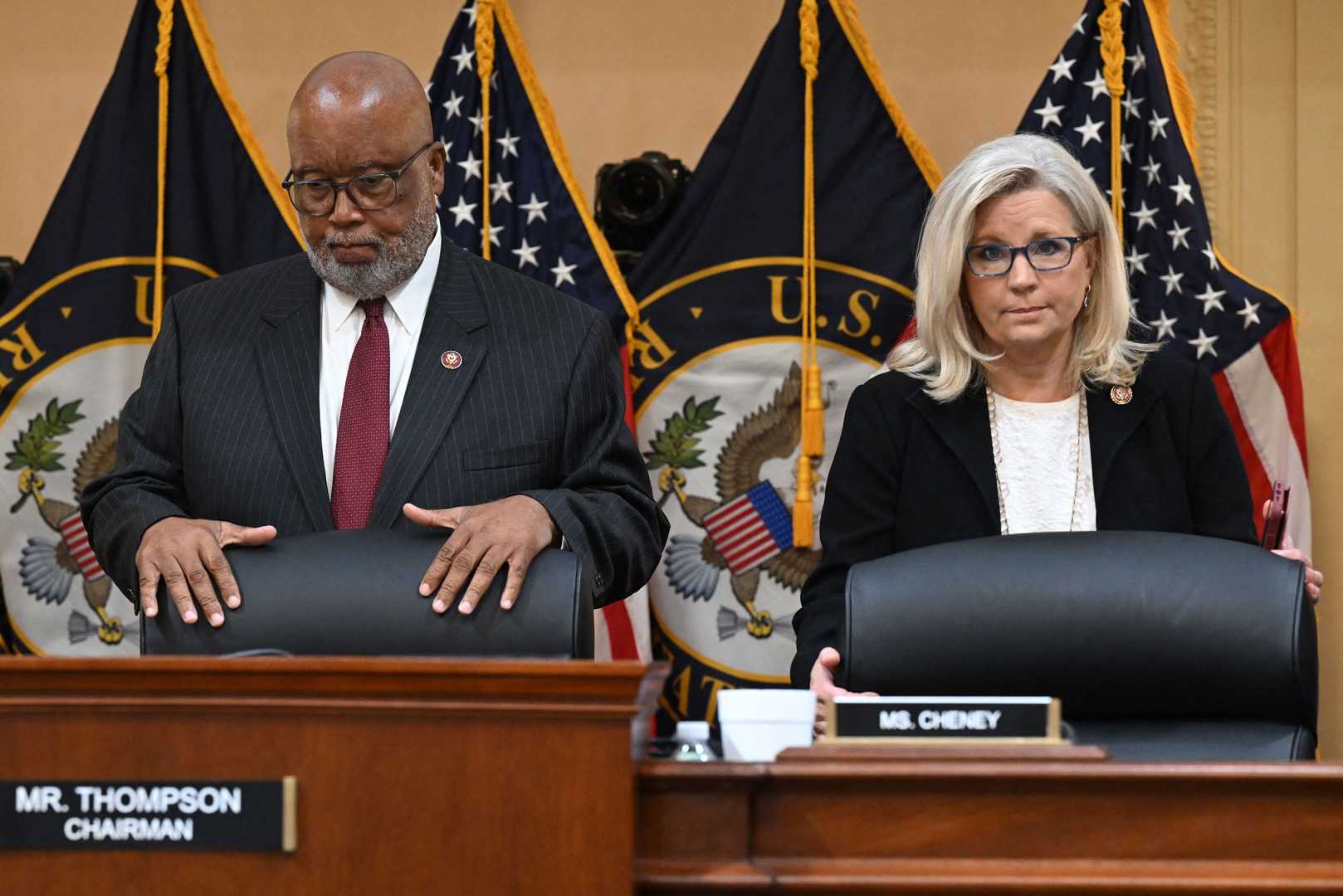Politics
Jan. 6 Committee Members Consider Preemptive Pardons as Trump Threatens Retribution

WASHINGTON, D.C. — With President-elect Donald Trump set to take office in less than a week, members of the Jan. 6 Select Committee and White House officials are privately discussing whether to issue preemptive pardons to lawmakers who served on the panel, according to sources familiar with the matter.
Rep. Bennie Thompson (D-Miss.), who chaired the Jan. 6 committee, revealed in an interview that he spoke to the White House counsel’s office last month about the possibility of pardons. While Thompson has not discussed the issue directly with President Joe Biden, he stated he would accept a pardon if offered. “I believe Donald Trump when he says he’s going to inflict retribution on this,” Thompson said. “I believe when he says my name and Liz Cheney and the others. I believe him.”
Thompson and former Rep. Liz Cheney (R-Wyo.), the panel’s vice chair, were awarded the Presidential Citizens Medal by Biden earlier this month. Biden has publicly stated he is considering preemptive pardons for high-profile Trump critics, though no decisions have been announced. The discussions between the White House and committee members about potential pardons have not been previously reported.
Thompson emphasized that members of the committee have some legal protection under the Constitution’s Speech or Debate Clause, which shields lawmakers from executive-branch action over legitimate legislative activities. However, he expressed concern that Trump could use other means to retaliate against committee members, beyond pressuring the Justice Department to prosecute them. “A lot of people have said if this guy [Trump] said he’s going to do things, believe him,” Thompson said. “If the president offered a pardon based on the work of the committee, Bennie Thompson would accept it.”
The committee, which investigated Trump’s role in the Jan. 6, 2021, Capitol attack, disbanded after releasing its final report in December 2022. Since then, Trump has repeatedly threatened to target its members if re-elected. In a recent interview, Trump accused the committee of destroying evidence and committing “a major crime,” vowing that “everybody” who served on the panel “should go to jail.”
Thompson and other committee members, including former GOP Rep. Adam Kinzinger (Ill.), held a private call in late November to discuss potential Trump retaliation and whether they would need legal protection. The group remains divided on the issue, with some members arguing that pardons are unnecessary given existing constitutional protections, while others worry that accepting a pardon could imply guilt.
Rep. Pete Aguilar (D-Calif.), a committee member, told reporters, “I stand by the work that we did. We didn’t do anything wrong. I don’t think a pardon is necessary.” Similarly, Rep. Jamie Raskin (D-Md.) said, “In any just world, we wouldn’t need a pardon because we haven’t committed any crimes.”
Former Rep. Adam Kinzinger, one of two Republicans on the committee, also rejected the idea of a pardon. “The second you take a pardon, it looks like you’re guilty of something,” he said. “I’m guilty of nothing besides bringing the truth to the American people and, in the process, embarrassing Donald Trump.”
Meanwhile, House Republicans have continued to scrutinize the Jan. 6 committee’s work. Rep. Barry Loudermilk (R-Ga.), chair of a House Administration subcommittee, recently recommended that Cheney be investigated by the FBI over her alleged improper communication with Cassidy Hutchinson, a key witness in the Jan. 6 investigation. Hutchinson’s lawyer dismissed the allegations as a “politically motivated attempt to rewrite history.”
The White House has declined to comment on the pardon discussions. As Trump’s inauguration approaches, the debate over preemptive pardons underscores the deepening political divide and the potential for further legal battles in the post-Jan. 6 era.












